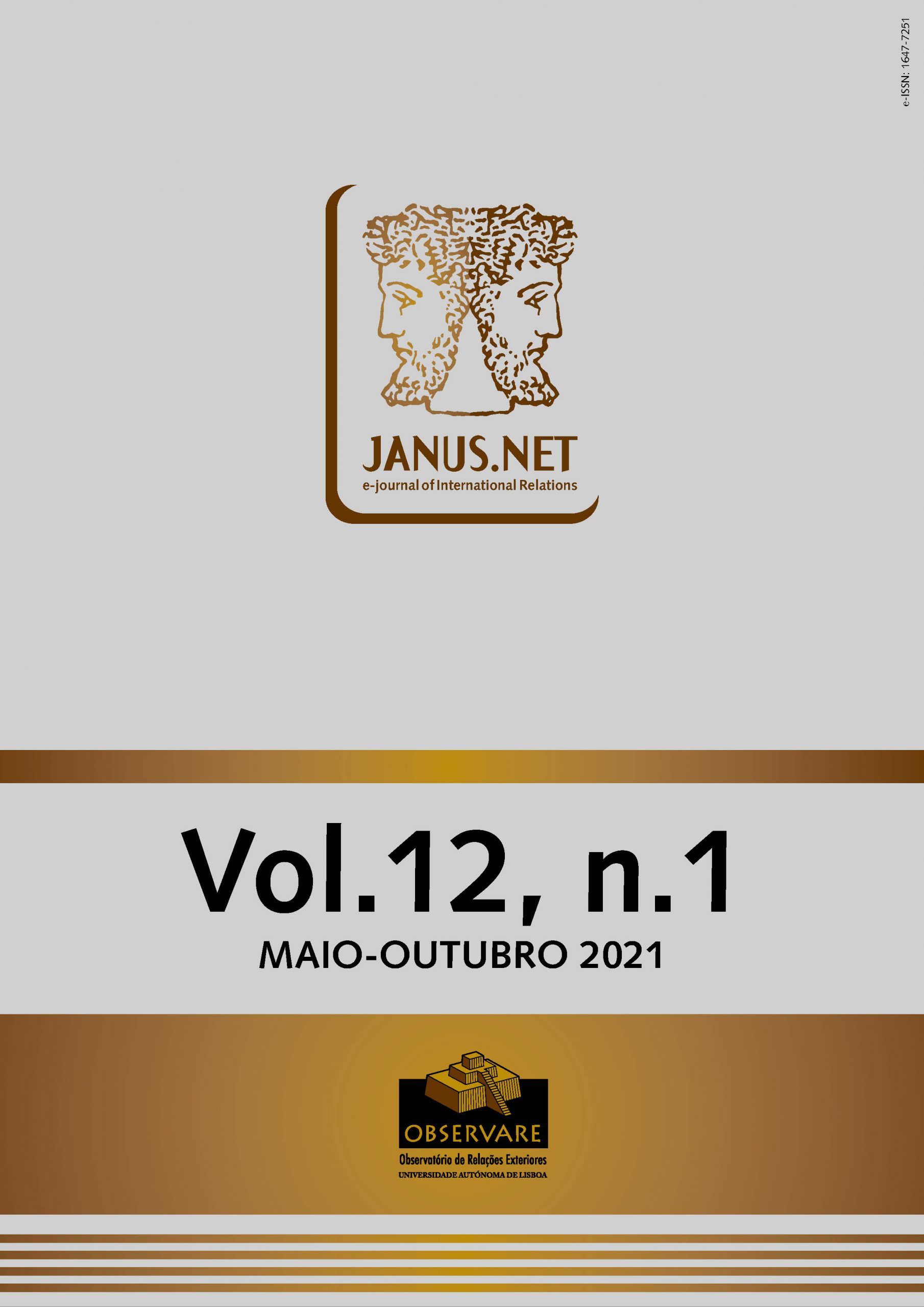O caso Sushila Aggarwal contra o Estado (Território da Capital Nacional de Deli – NCT de Deli) constitui uma parte importante da lei sobre fiança antecipada na Índia. Antes do julgamento de Sushila Aggarwal, a lei sobre fiança antecipada na Índia era ambígua devido às diferentes interpretações da seção 438 do Código de Processo Penal de 1973 (fiança antecipada) pelo Supremo Tribunal de Justiça. Foi apenas no ano de 2020 que a lei sobre o assunto foi resolvida pelo Supremo Tribunal no julgamento do caso Sushila Aggarwal. Com este artigo, os autores pretendem traçar a evolução da lei sobre fiança antecipada na Índia. Examina os julgamentos mais marcantes do Supremo Tribunal de Justiça e as opiniões conflituantes do Tribunal. O artigo conclui agradecendo o julgamento Sushila Aggarwal por esclarecer finalmente a longa e ambígua lei sobre fiança antecipada na Índia. No entanto, também destaca os assuntos que a Bancada Constitutiva (Constitution Bench) não abordou, e que se tivesse abordado, teria libertado a lei das lacunas que atualmente afetam a lei sobre fiança antecipada.
EVOLUÇÃO DA LEI SOBRE FIANÇA ANTECIPADA NA ÍNDIA
»
Professora na Jindal Global Law School, O.P. Universidade Global Jindal, Sonipat (Índia)
»
Professor na Jindal Global Law School, O.P. Universidade Global Jindal, Sonipat (Índia)
Resumo
Sushila Aggarwal v State (NCT of Delhi) forms an important part of the law on anticipatory Bail in India. Prior to Sushila Aggarwal judgment, the law on anticipatory bail in India was ambiguous due to the varying interpretations of section 438 of the Criminal Procedure Code 1973 (anticipatory bail) by the Supreme Court. It was only in the year 2020 that the law on the matter was settled by the Supreme Court in its Sushila Aggarwal judgment. With this paper, the authors aim to trace the evolution of the law on anticipatory bail in India. It focusses on the landmark judgments of the Supreme Court and meanders its way through conflicting opinions of the Court. The paper concludes by welcoming the Sushila Aggarwal judgment for settling the long ambiguous law on anticipatory bail in India. However, it also highlights the concerns that Constitution Bench failed to appreciate, which if addressed would have made the law free of the loopholes presently plaguing the law on anticipatory bail.
Palavras-chave
Como citar este artigo
Shah, Malika; Chadha, Vaibhav (2021). Evolução da lei sobre fiança antecipada na Índia. Janus.net, e-journal of international relations. Vol12, Nº. 1, Maio-Outubro 2021. Consultado [online] em data da última consulta, https://doi.org/10.26619/1647-7251.12.1.14
Artigo recebido em 24 Julho, 2020 e aceite para publicação em 27 Fevereiro, 2021















